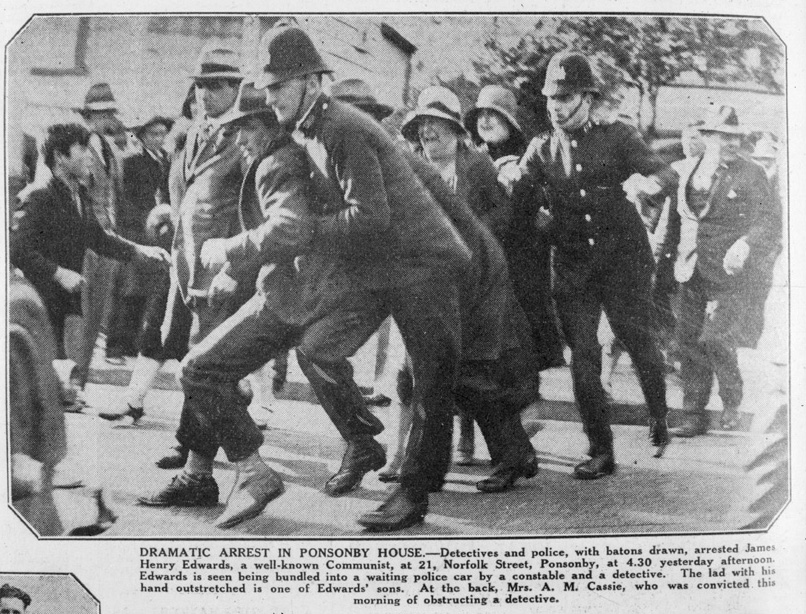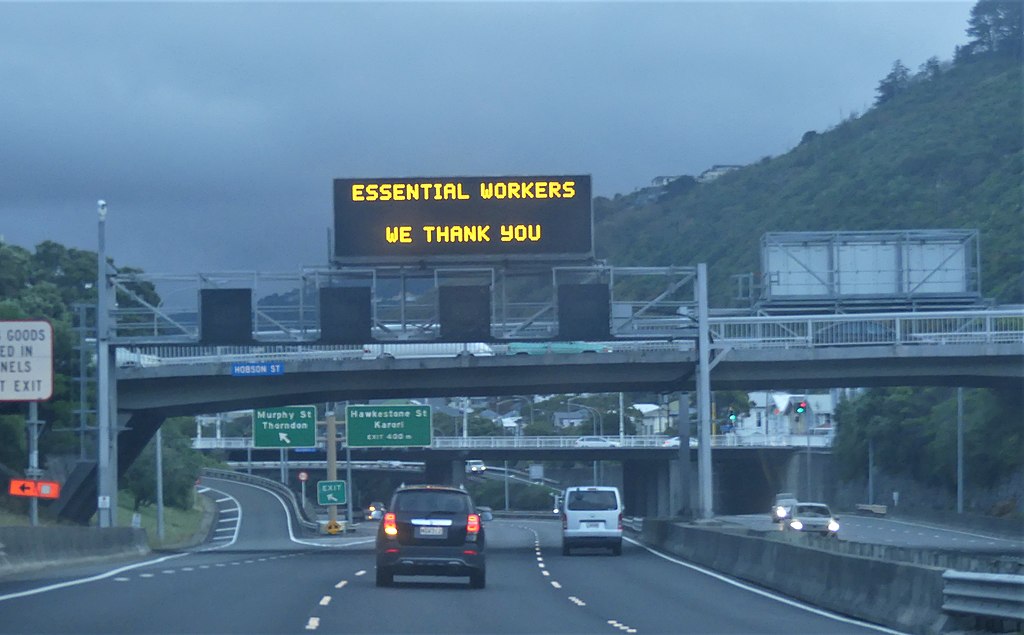John Key came out this week and said it: New Zealanders are just too lazy or drug-addled to work, so we have to bring in migrants to “do a fabulous job” harvesting fruit and veges.
It’s a meme that has done the rounds on the media, slyly suggested by employers, farmers and politicians but never before as baldly stated by anyone as prominent as the Prime Minister. The truth is employers in agriculture are so addicted to profit they refuse to pay their workers a living wage.
Migrant workers are not the problem. Employers who refuse to properly pay their staff, from Dunedin or Vanuatu, are the problem. With the minimum wage at $15.25 per hour ($610 per week), a worker would be lucky to cover their own costs: forget about being able to support a family.
That minimum wage is stripped to $466 after tax, student loan and KiwiSaver payments.
Groceries, rent and car running costs would swallow at least $300, assuming the worker could find anywhere to live. But wait, what about the accommodation supplement? For a single person without dependents, that amounts to a measly $8.
Employers may counter that their workers are able to earn above the minimum wage through piecework.
While this might be the case for some, it is also true that many in the agriculture industry do not even pay the minimum wage and piecework (along with rent for on-farm accommodation) is an excellent way to disguise irregularities. A recent inspection of 10 Marlborough vineyards by the Labour Inspectorate, Immigration New Zealand and Inland Revenue found only one employer was compliant with labour law.
Remember too, that this is seasonal work. In the past, seasonal work was paid at a premium to recognise that wages won at work in remote rural areas had to pay not only for the worker to move and cover costs between jobs but also, in many cases, to pay rent in their primary place of residence.
Again, forget supporting a family on these rates.
Are migrant workers harder working than New Zealanders? That’s impossible to quantify.
What is certain is that migrant workers often speak little English and are more likely to depend on their boss for shelter, food, pay and security. Failure to obey the boss means not just losing your job but your accommodation and your right to stay in New Zealand. This has a chilling effect on workers’ rights, for locals and migrants. Beneficiary bashing has been a hallmark of New Zealand politics ever since the 1990s when Ruth Richardson shredded the Welfare State with her ‘Mother of all Budgets’.
It has also always gone hand in hand with a low-wage strategy for economic growth.
Not only did the Bolger Government slash welfare, it also took advantage of the mass unemployment caused by the previous Labour Government’s free-market disaster to smash unions.
Real wages dropped precipitously in that decade, driving tens of thousands of people into poverty or overseas. Key’s comments about the Recognised Seasonal Employer (RSE) scheme fit in that long-standing tradition: bash beneficiaries and deliver cheap labour to bosses by any means necessary.
It’s a classic divide-and-rule strategy that has effectively cordoned off the concerns of working people and beneficiaries – even though in most cases the ‘working class’ and the ‘underclass’ live in the same neighbourhoods – even in the same houses.
It’s surprising that Key, a master of opportunism, has not taken warning from the sea-change in overseas politics, particularly Brexit and the success of Donald Trump.
His dismissal of the unemployed as unmotivated and drug-addled plays right in the hands of populist nationalists like Winston Peters. For wage-earners though, Peters’ panacea – blame Johnny Foreigner – is a recipe for disaster.
The workforce in New Zealand has always been multicultural. During the post-war economic boom, migrants from Scotland and Samoa worked alongside Maori and Pakeha workers to win a living standard that was the envy of the world.
In 2013, one in four New Zealanders was born overseas and about as many New Zealanders live overseas. Migration is a major part of working-class identity. Accepting low wages – and insults – does not have to be.









